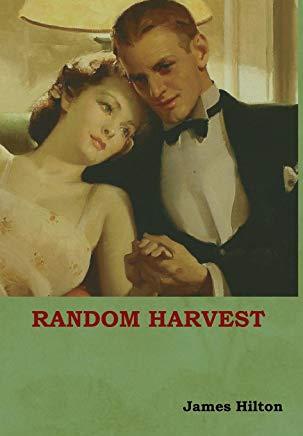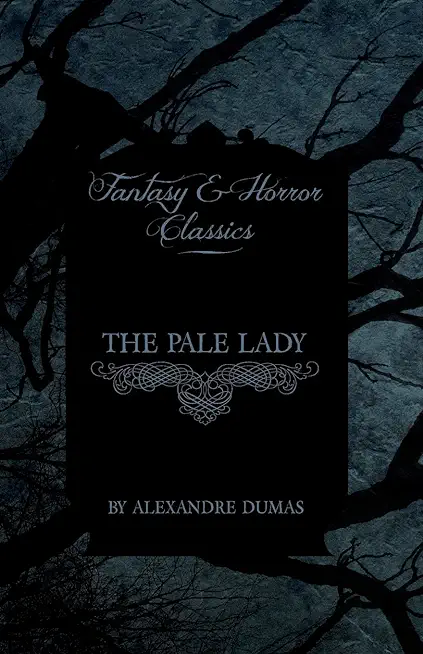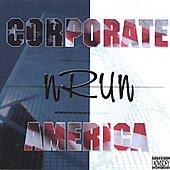
The novel was successfully adapted into a film of the same name in 1942 under the direction of Mervyn LeRoy. Claudine West, George Froeschel and Arthur Wimperis adapted the novel for the screen, and received an Academy Award nomination for their work. Though the film departs from the novel's narrative in several significant ways, the novel's surprise ending, cleverly built on inferences drawn by the reader, would not work in a purely visual medium. ...
Though set in the years immediately following World War I, the novel featured the timely subject of combat stress reaction, or "shellshock." World War II, which was being fought as the novel was written, provided extensive case studies of the condition.
A theme common to this and James Hilton's other novels is lost innocence - here, the destructive effects of two world wars on England - and a concomitant yearning to return to apparently simpler times. Charles Rainier's complex, pressure-filled business and political life and his outward sophistication are contrasted with the happy simplicity of his time with Paula; similarly stark contrasts are drawn between the grimness of London and the idyll of Beachings Over. Hilton draws parallels between Rainier's ability to sense impending doom but inability to do anything about it and British governmental paralysis in responding to Hitler's manoeuvres preceding the outbreak of the Second World War. (wikipedia.org)







